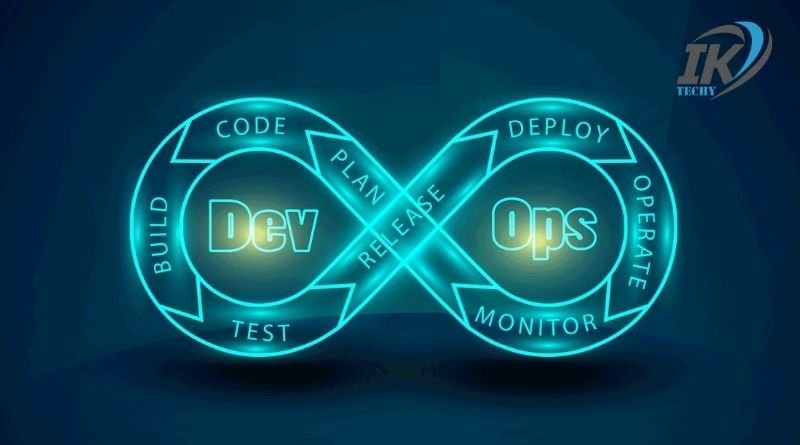What is ops technology?

Everyone has heard of DevOps. The concept of DevOps is to bring together developers and operations teams to work towards the same cause. To be a DevOps engineer you need to be able to work on both sides of the coin — the development side and the operations side. However, within the operations side there are further divisions.
Each one of these divisions can be considered an Ops technology. The two main divisions are known as SysOps and DevOps. SysOps is basically focused on the hardware and software that runs your business.
Why ops technology makes you money
If you’re like most people, you hear the word “operations” and you think, “oh no, not again, not another lecture from the people behind the IT department, who think that we don’t know what we’re doing and that we’re making their lives harder.” But the fact is that a company’s operations are the end result of a series of processes that need to take place in order to keep the company running smoothly, and without them, the company would fail.
What are the benefits of ops Technology?
Most people don’t think much about their bank accounts until they need to make a transaction. For example, if a family member suddenly needs a large sum of money, they might have to take time off work to take care of it. It’s inconvenient, but it’s an expected part of life.
Financial institutions know this and have spent years developing technology to make the process easier and faster. Many organizations, including banks, use operations, technology to help make the whole process smoother for their customers.
What are the challenges of ops technology?
The operations technology is the backbone of IT infrastructure. It is responsible for efficient data processing, the implementation of various technologies, and the implementation of new ideas. In order to keep the entire infrastructure working, the operations team must face a number of challenges.
The main task of the operations team is to ensure the smooth work of the IT infrastructure. The operations team is responsible for the entire IT infrastructure: servers, network, applications, etc. As the number of infrastructure elements increases and the activities of users grows, the number of possible issues will also increase.
Operations team must constantly monitor the proper operation of all systems, quickly respond to failures, and efficiently restore the system. To achieve this, the operations team must be able to work with different teams of developers and users.
They need to share information, coordinate activities and solve problems together. The operations team must also work with external vendors, who provide technical support and implement changes. The team needs to be ready to solve unexpected problems and restore the system.
The Need for ops technology
With the advent of cloud computing and the increased demand for IT resources, managing infrastructure has become a much more demanding task. There are now multiple instances, VMs, and auto-scaling groups that need to be set up and monitored.
This has created a whole new world of challenges for IT teams. In fact, the number of devices that need to be managed is growing at such a rapid pace that even the most skilled engineers can’t keep up. Even if they could, it would be impossible to maintain the desired level of efficiency that is required of a modern IT team. This is where ops technology comes in.
How ops technology can help
How does it help? Let’s see. First, it helps in the financial sense. When you are using an open-source solution, you don’t have to pay for licenses or maintenance fees. This can save you thousands of dollars. Second, it helps you save time.
When you use open source products, you don’t have to worry about spending hours configuring the software. It is already optimized and ready to use. Third, it helps you with the flexibility issue. It is faster and easier to change the configuration or add new features in an open-source solution.
Fourth, it helps you with the reliability issue. Open-source software is usually more secure than proprietary software. It gives you more options when it comes to operating systems and hypervisors. But what about support?
Current State of ops technology
We have been living in a new era of technology called the “cloud era”. The rise of the cloud has introduced a new way of thinking about IT operations. Before cloud computing, in-house applications were typically deployed on physical hardware in data centres.
To manage these applications and their underlying infrastructure, IT teams adopted the term “operations” to describe their work. The new cloud apps are different. They are typically deployed on virtual machines (VMs) within a public, private, or hybrid cloud.
The emergence of cloud computing has changed the role of IT operations to cloud operations. The goal of cloud operations is to deliver both cost savings and better management. Operations professionals are now responsible for the operations of both traditional on-premises applications and the new cloud applications.







